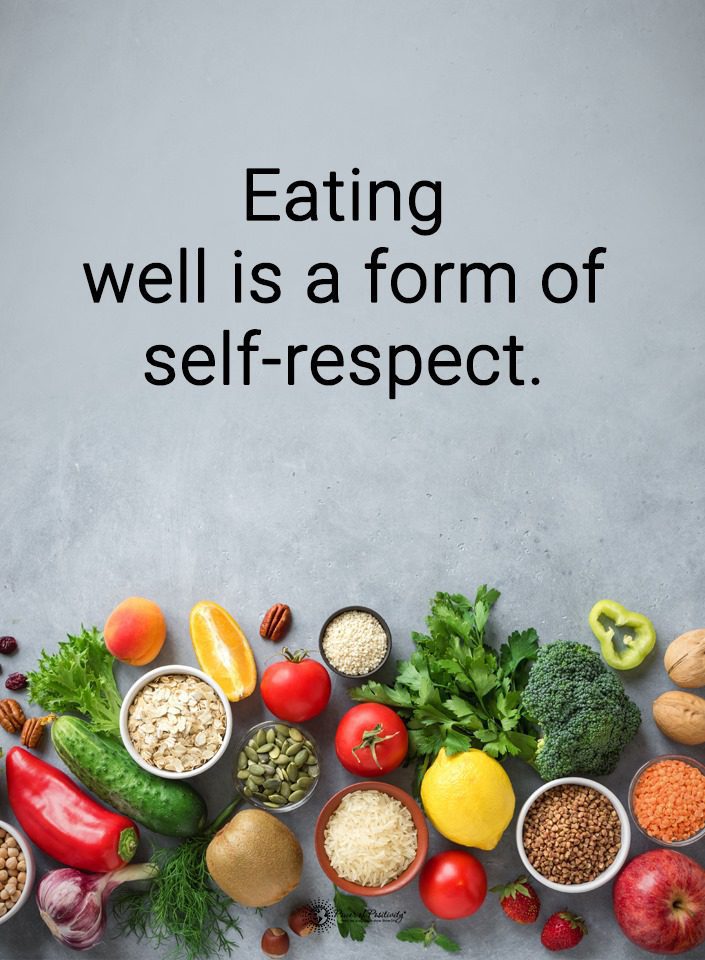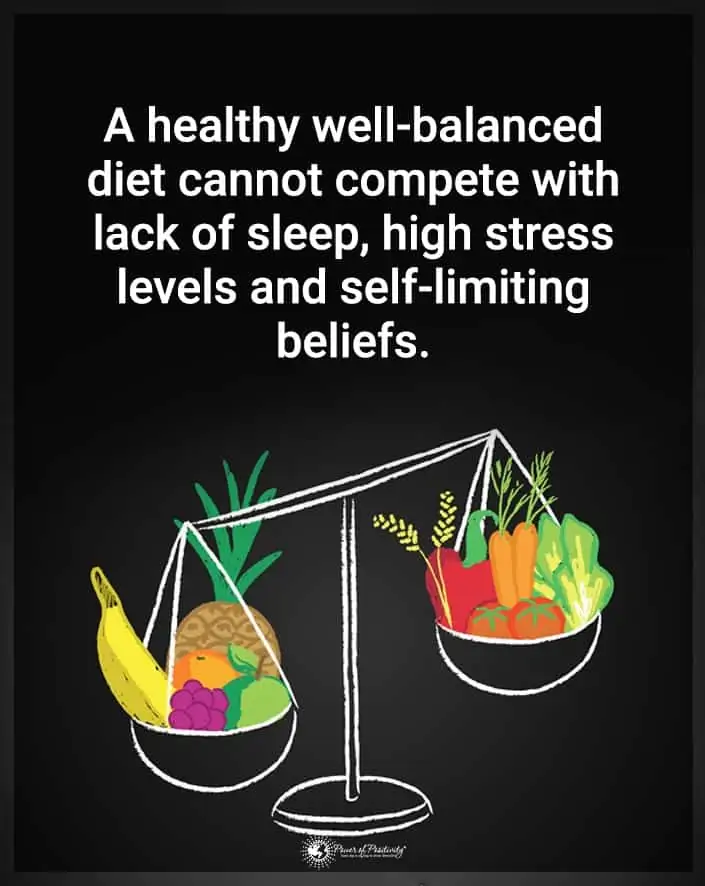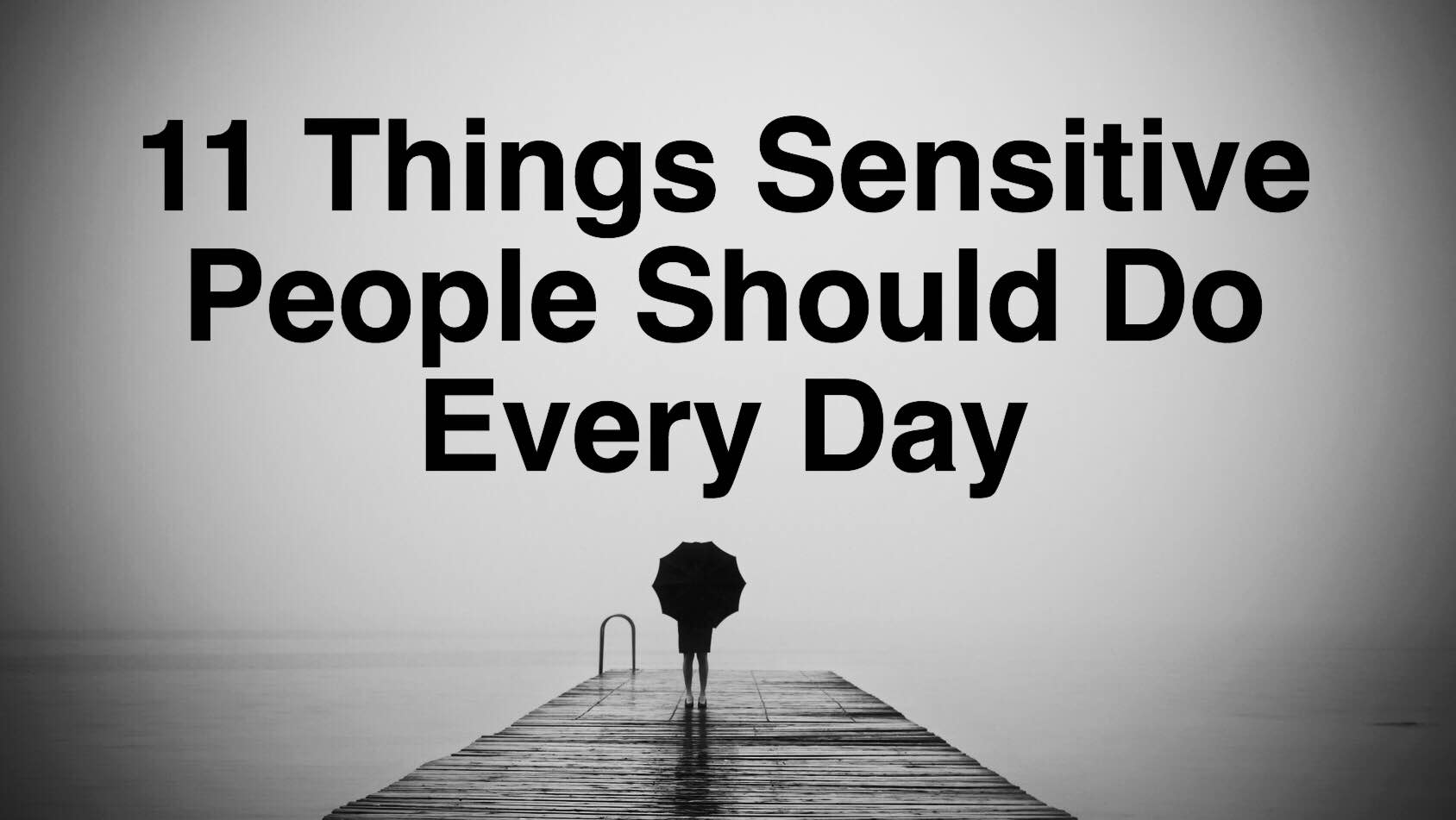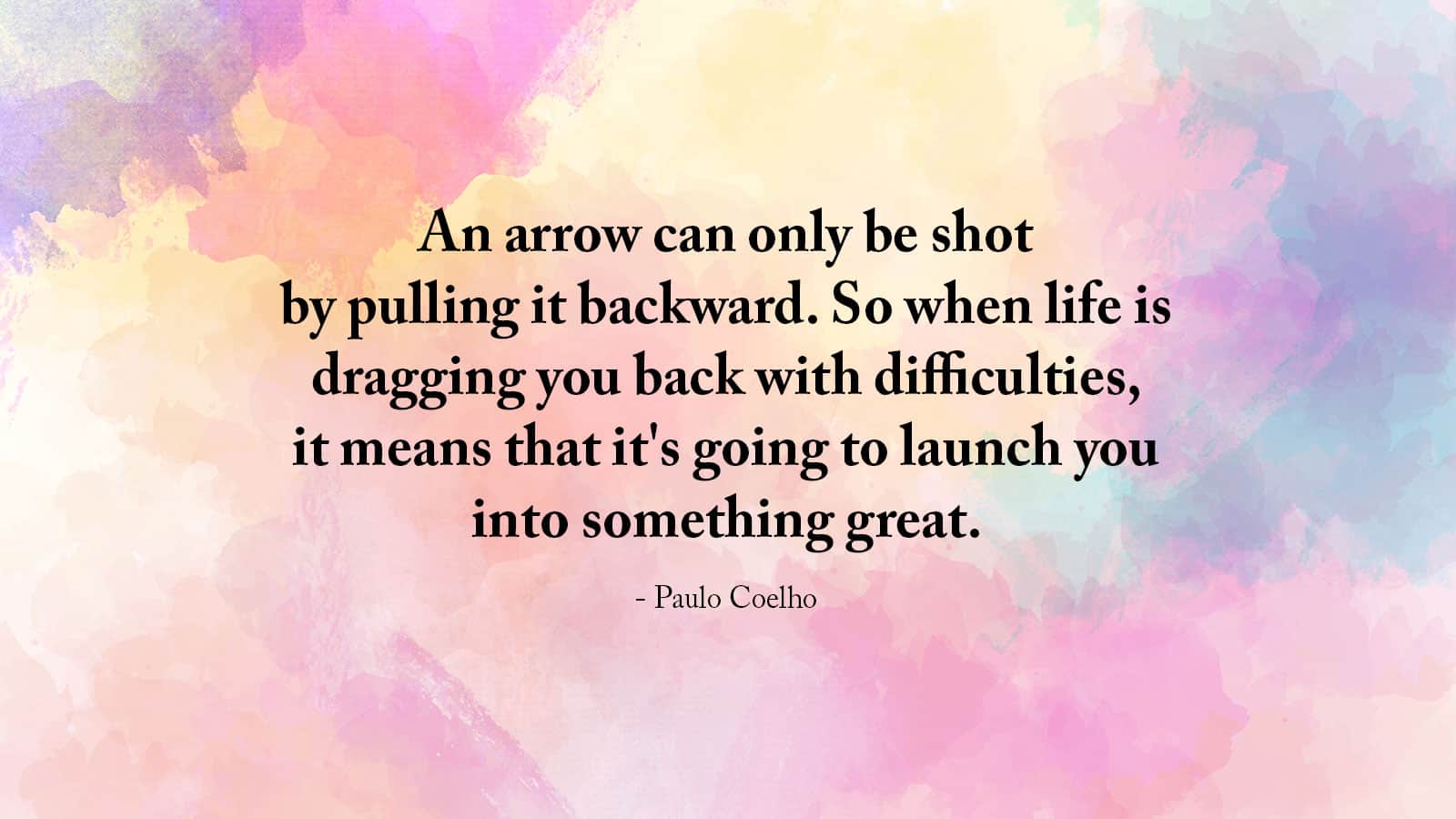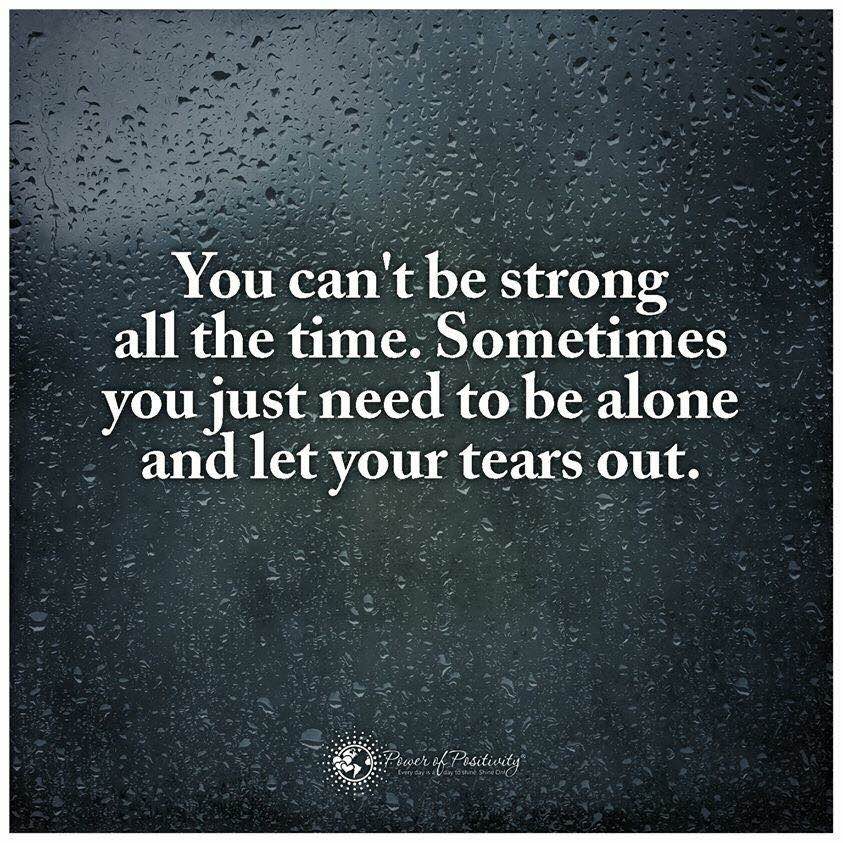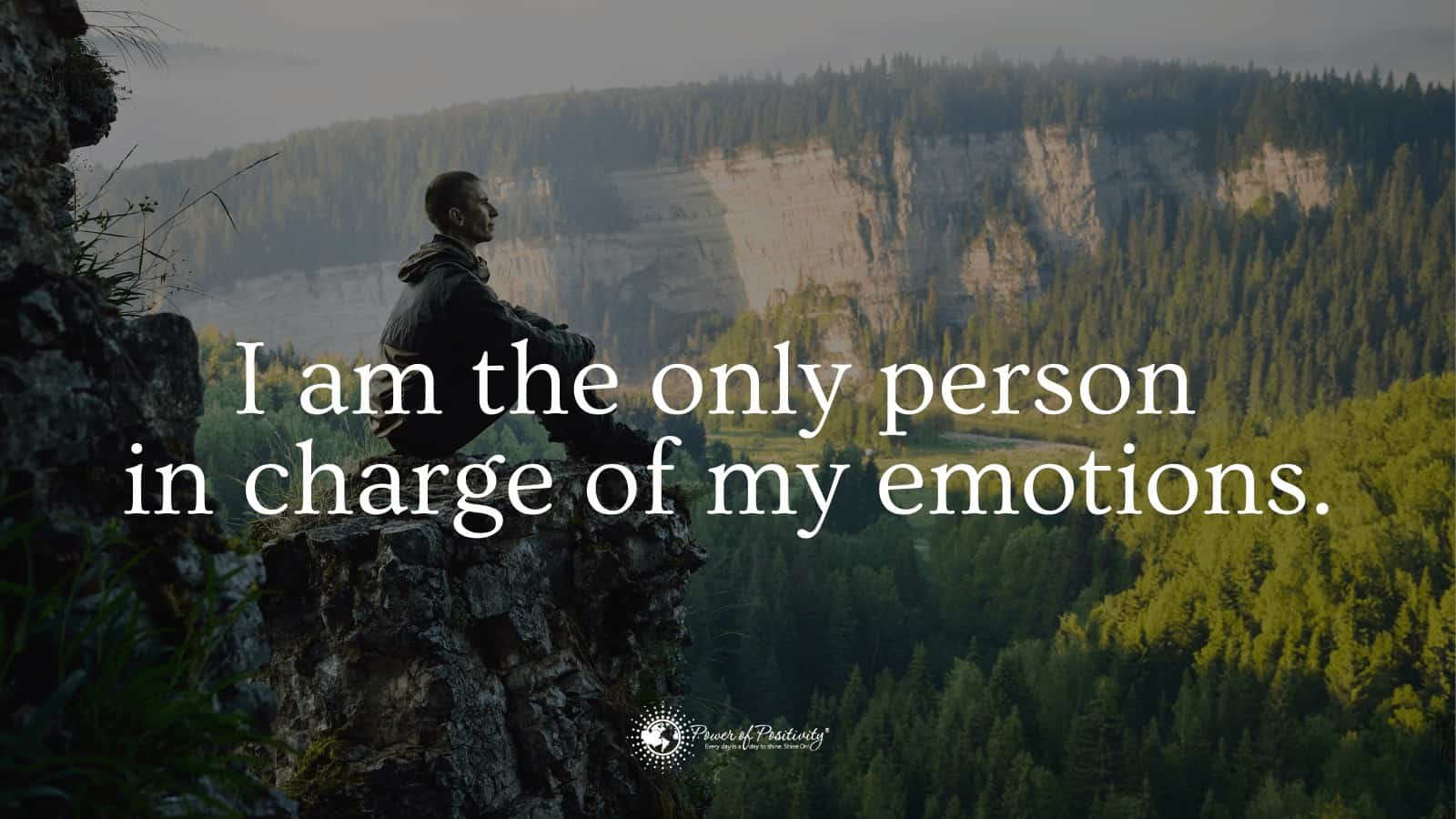“Enlightenment is not the byproduct of avoiding the darkness in favor of the light. It is the byproduct of taking the light of consciousness and diving deep into the darkness with it. To make the darkness conscious, is to turn the shadow into light.” – Teal Scott
No matter what the words spiritual awakening means to you, waking up to your authentic self inevitably involves some steps that many of us don’t want to take. Leaving behind deep-rooted beliefs, thought processes, and even outdated relationships isn’t remotely easy, but all of us must spend some time in the dark corners of our souls in order to discover our true selves.
Many people avoid confronting their emotions or egos because doing so comes with a great deal of pain and vulnerability, but to reach our full potential and evolve into our highest selves, we must face our demons head-on and release any attachments to negative emotions and people.
During a spiritual awakening, you will probably experience these five things.
1. The dissolving of the ego/false self
When we begin to awaken, we realize that our egos have been running the show our entire lives, but our egos don’t represent our true selves. They just act as a mask, if you will, over our authentic selves, covering up our true identity. What we and others have defined us as don’t even begin to cover who we really are; our job titles, social status, level of wealth, and all of these worldly labels don’t define us as spiritual beings.
They only distract us from the truth – we have limitless potential as the cosmic miracles we are, but society doesn’t want you to know this. On your path to enlightenment, you will encounter the ego many times, and it will beg for acknowledgment and power – however, starving the ego and feeding the soul will help you get in touch with your true self. This step in enlightenment is often the toughest for people, because everything you once knew yourself as suddenly slips away.
Don’t let this scare you though; stripping away your false self allows you to live as you were meant to – a spiritual being having a human experience, not the other way around.
2. The cleansing and purging of past emotional wounds
On your journey to enlightenment, a lot of emotional baggage will come to the surface, and clearing it out will allow you to live in the present moment and let go of past pain. Opening your wounds up once again won’t feel very healing in the moment, but to truly restore your soul and get to know your higher self, you must revisit the past and accept it. You must close old chapters in your story if you want to write new ones.
Meditation and spending time alone can help greatly with this, because you will understand that everything that happened to you along your journey shaped you and helped you reconnect with your true identity.
3. Forgiving people who have hurt you
This goes along with the previous step, but forgiving those you have caused you pain will also seem scary at the time. Your ego will not tolerate this very well, and will constantly fight for the top spot in your mind. Don’t listen to it though; realizing that the people who have wronged you actually helped you is a huge step in your journey to enlightenment, and you should feel proud of yourself for getting to this point.
When you step outside of the realm of revenge, resentment, and the victim mentality, you remove the burden of holding a grudge from your consciousness, and make room for beautiful relationships to flourish.
4. Feeling vulnerable and questioning everything you thought you knew
You will definitely feel exposed, confused, and isolated at times on your spiritual journey. The walls of safety, familiarity, and false knowledge of our world will begin to crumble, and you will see a mysterious, hidden world beyond those walls full of truth and understanding. However, this will leave you torn between hanging on to the world you once knew, and diving headfirst into uncharted waters.
Once you make your way into this new paradigm, though, you won’t ever want to go back to the old one. You will at first feel much like an alien on this planet, full of others who have not yet understood what you do, but eventually, you will find your place and stand strong in your truth. Just relax and trust the process; you are not alone here.
5. Letting go of anything that doesn’t match up with your highest truth.
During this phase of awakening/enlightenment, your intuition will probably inform you of relationships, places, jobs, or any other aspect of your life that no longer serves you. In order to evolve into your highest self, you must thank everyone and everything for being a part of your journey, but also not feel ashamed or guilty for leaving them behind if necessary.
As you raise your vibration, you will naturally seek out experiences and people that match yours, and want to let go of anything that doesn’t serve your best interests.
What have you noticed on your path to a spiritual awakening? Share in the discussion below…

